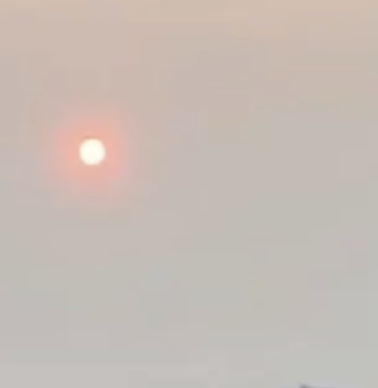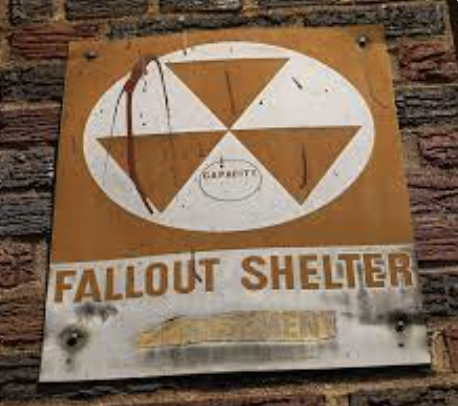The Precariousness of Life
I am an optimist. I don’t spend a lot of time with doom and despair. But upon occasion the precariousness of life crosses my mind. And I’m not just disconcerted by how fragile each of us or even humans in general are. It’s the vulnerability of all life—from insects to elephants—that gets to me.
We live in a galaxy with hundreds of billions of stars and in a universe that, astronomers believe, contains a couple of trillion galaxies. So, it seems awfully likely, given the laws of probability, that in some of those galaxies, quite possibly ours, there are stars circled by planets similar to Earth and that some of those planets might be inhabited by somethings insect like, somethings elephant-like or somethings capable of figuring out the laws of probability.
It is even possible that some kind of life exists or at least existed on Mars or in a saltwater ocean under a layer of ice on Jupiter’s moon Europa.
However, at the moment the only life for whose existence we currently have actual evidence anywhere in the universe can be found in our local “biosphere,” which extends about five miles high and seven miles deep around the planet Earth.
And this shallow and tiny—by cosmic standards—“biosphere” is indeed precarious. It could be smothered. It could get crushed. It could be fried. Indeed, one rogue asteroid could cause all the life we know of to die.
Every once in a while, we catch a glimpse of the precariousness of life on earth. In the United States such glimpses are more common nowadays out West, and I won’t pretend that anything we are facing back East can compare to what happened in Los Angeles in January.
But I experienced some of these forebodings a few days ago, when, not for the first time, a cloud of smoke from wildfires in faraway Canada drifted, our way—turning the sun orange and covering the New York area with an eerie, still shroud.
No, fires and smoke are not biosphere friendly.
Nor is a US president who does not take environmental concerns or global warming or vaccinations in Texas or Africa seriously.
And—at risk of sounding like a 1950s fallout-shelter proponent—it is not at all reassuring that among the fingers currently positioned upon a nuclear trigger are those of Vladimir Putin, Benjamin Netanyahu, Kim Jong Un and Donald Trump.
What’s my point? That this life thing, which somehow took root a bit below, a bit above and on the surface of this medium-sized, blue planet, seems pretty damn special. And it sure would be a shame if something bad were to happen to it.



